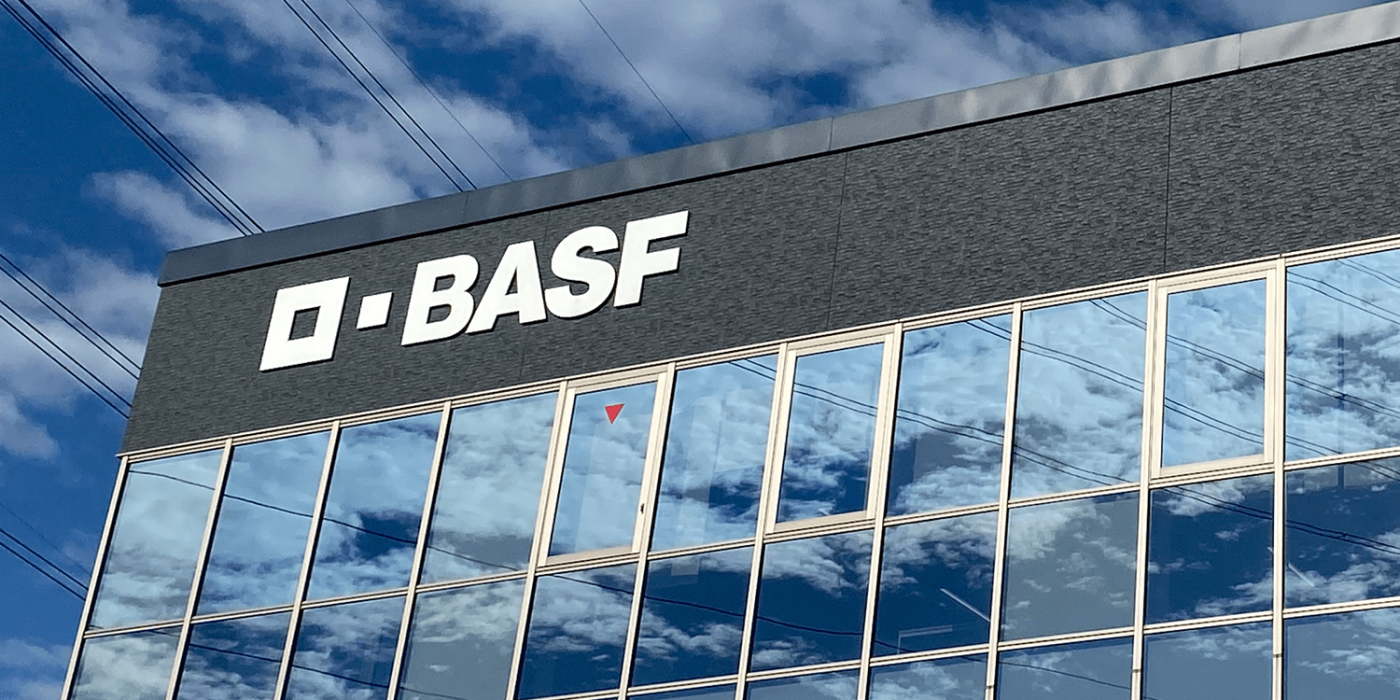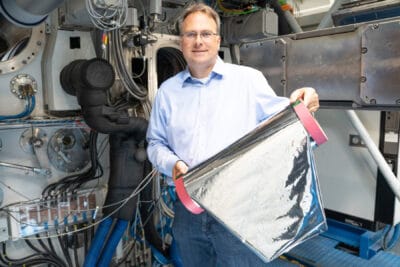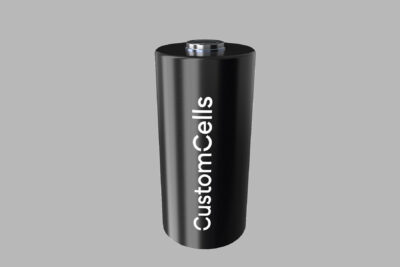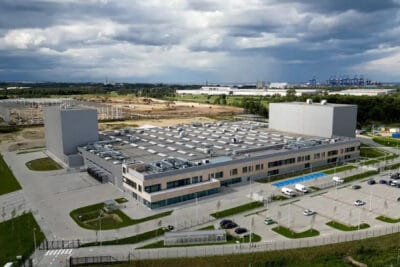BASF converts battery materials business into independent unit
According to BASF, there are no plans to sell the divisions; instead, the aim is “differentiated business management for greater profitability”, according to an accompanying Group statement. According to the industrial union IGBCE, the process is to be completed by 2026. According to BASF, the intention is that businesses “that are not as deeply integrated into the Verbund will be given more room to meet the needs of their specific customer industries while continuing to enjoy the benefits of an integrated company”. This approach will apply to Battery Materials and Coatings within the Surface Technologies segment as well as to Agricultural Solutions.
In contrast, BASF intends to continue to manage the Verbund businesses – consisting of the Chemicals, Materials, Industrial Solutions and Nutrition & Care segments – “along value chains and create value through the efficient use of resources, the bundling of demand and synchronized, deeply integrated production”. The Group assumes that the management of value chains will become even more crucial, as it will assign “sustainability characteristics such as the product carbon footprint, the proportion of biomass or recyclate” to its products in future. This is partly due to new EU requirements on battery market regulation.
“The company is now going one step further with the aim of further increasing BASF’s competitiveness by adapting its business management,” commented BASF CFO Dr Dirk Elvermann on the restructuring. “We are combining the advantages of a more differentiated approach to managing individual businesses with the benefits of the Verbund and our positioning as an integrated company.”
The BASF press release makes it clear that all divisions must continue to be measured by their cash generation. For the Battery Materials business, an EBITDA margin (pre-exceptionals) of 30 per cent or more (excluding metals) is targeted by 2030. BASF is globally active in the battery materials sector. In the summer, the Group inaugurated a cathode material factory in Schwarzheide, Germany. The plant is expected to produce over 400,000 electric vehicles per year and is sold out for the next few years, according to BASF. The primary products will come from BASF’s plant in Harjavalta, Finland. A battery recycling plant is also scheduled to go into operation alongside the factory in Schwarzheide in 2024.
BASF is also building a cathode material factory in Canada. The chemical giant is also producing cathode materials in Japan in the joint venture BASF Toda Battery Materials.
Customers include Prime Planet Energy & Solutions (PPES), the battery joint venture between Toyota and Panasonic. Last month, it was also announced that the German chemical company is also considering a cooperation with the South Korean battery cell manufacturer SK On with a focus on markets in North America and the Asia-Pacific region – for cathode materials, for example.
reuters.com, basf.com, igbce.de (in German)





0 Comments